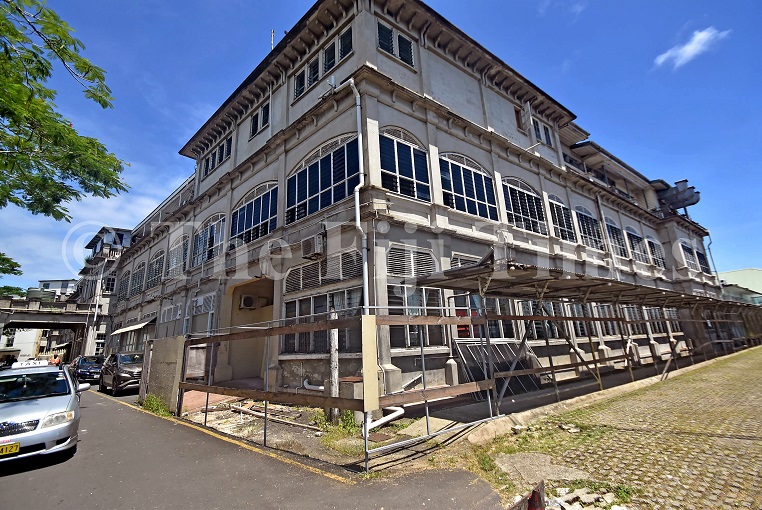The Fiji Public Service Association has expressed deep concern over the findings in the 2024 Auditor General’s Report on the Social Services Sector, which revealed that the Ministry of Health failed to utilise $12,268,485 or 40 percent of its revised capital expenditure budget for the financial year ending July 31, 2024.
FPSA general secretary Judith Kotobalavu said this was an alarming revelation, particularly when public health facilities were in urgent need of upgrades, medical equipment shortages persist, and frontline health workers continue to operate under significant strain.
However, Health Minister Dr Ratu Atonio Lalabalavu said the implementation of capital works was challenging because of the Ministry of Works’ capacity to execute the plans and projects.
“I have highlighted this before during budget debates, and implementation is always difficult because that would require the Ministry of Works and its capacity to actualise the plans and projects,” Dr Lalabalavu said.
“So, most capital works are done in phases and works carried forward to the next financial year.”
Ms Kotobalavu said such underutilisation of funds earmarked for critical capital projects reflected serious lapses in planning, coordination, and execution within the ministry.
“FPSA is concerned with inadequate infrastructure, delayed maintenance, and lack of proper resources in hospitals and health centres across Fiji.”
She said the National Development Plan (NDP) was committed to “modernise and maintain health delivery systems and infrastructure to meet increased demands for quality health services”.
“The strategies identified are ensuring disaster-ready facilities, promoting eco-friendly designs, and strengthening resilience against natural disasters and pandemics are commendable.
“However, the 2024 Auditor General’s Report reveals a 40 percent underutilisation of the Ministry of Health’s revised capital expenditure budget, amounting to $12,268,485, which indicates a substantial gap between the NDP’s aspirations and their practical implementation.”
Ms Kotobalavu said failure to act decisively not only breached policy commitments but would continue to burden health workers and compromise patient care.
“While the Appropriation Act and Budget Estimates clearly outline Cabinet-approved funding, failure to execute planned capital works deprives communities of essential health infrastructure and places additional burdens on an already stretched workforce.
“This is not merely a financial reporting issue — it is a matter of public health and human lives.”
Meanwhile, Dr Lalabalavu said the ministry had created an allocation called minor works and now decentralised it to the cost centres to facilitate refurbishment and repairs at a faster pace.
“In addition, engagement and support of development partners such as (Australia’s) MFAT by using a model that works much faster has had an impact on the improvement of certain facilities within the ministry, and so far, they have done work on more than 11 facilities within the Central and Western divisions.
“Actual capital expenditure is not always fully spent over a number of years and based on a few factors such as works capacity, natural disasters, re-prioritising works, etcetera.”

